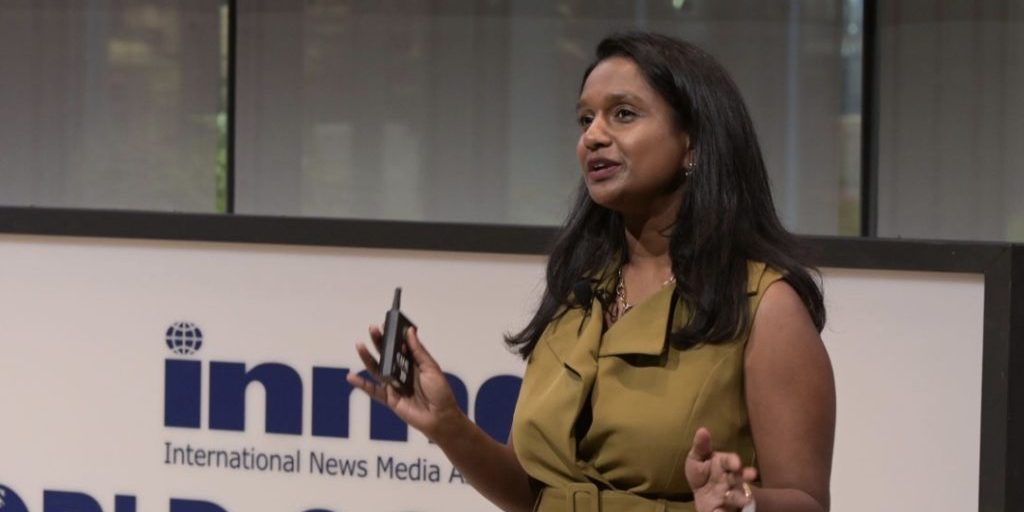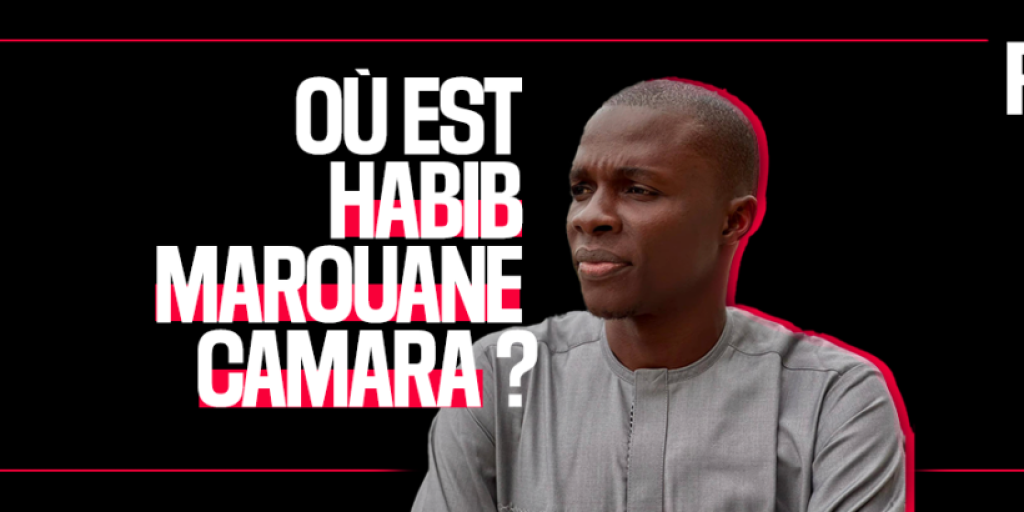Nicaragua’s ‘La Prensa’ wins UNESCO/Guillermo Cano World Press Freedom Prize 2025
PICTURE: A journalist in the offices of La Prensa/El Pais, UNESCO
The Nicaraguan newspaper, La Prensa, has been announced as the laureate of the UNESCO/Guillermo Cano World Press Freedom Prize 2025, on the recommendation of an international jury of media professionals. The award ceremony took place in Brussels, Belgium, on the sidelines of the World Conference on Press Freedom on 7 May 2025.
Audrey Azoulay, UNESCO Director-General, said the Prize is ‘a tribute to all journalists who continue to inform us despite numerous risks and threats to their personal safety … Each year, this Prize reminds us of the importance of standing alongside those who protect and pass on information’.
Yasuomi Sawa, Chair of the international jury of media professionals, said ‘La Prensa has made courageous efforts to report the truth to the people of Nicaragua’.
‘Like other civil society organisations, La Prensa has faced severe repression. Forced into exile, this newspaper courageously keeps the flame of press freedom alive’

PICTURE: Nicaraguan newspaper La Prensa – El Diario de los Nicaragüenses was awarded the 2025 UNESCO/Guillermo CanoWorld Press Freedom Prize
A historic Nicaraguan media outlet, the newspaper La Prensa – El Diario de los Nicaragüenses (The Nicaraguan Peoples’ Journal) was founded in 1926 in the country’s capital, Managua. In nearly a century of existence, La Prensa and its journalists have faced numerous acts of repression, which have intensified in recent years with restrictions on its distribution.
Since 2021, following the imprisonment and expulsion of its leaders and the confiscation of its assets, La Prensa has continued to inform the Nicaraguan population online, with most of its team in exile, operating from Costa Rica, Spain, Mexico, Germany and the United States.
UNESCO is the United Nations agency with a mandate to guarantee freedom of expression and the safety of journalists worldwide. It co-ordinates the United Nations Plan of Action on the Safety of Journalists and the Fight against Impunity.
In several regions of the world, UNESCO responds to the most urgent needs of exiled and displaced journalists. The Organisation supports solidarity centres for journalists in Ukraine, shelters for journalists in Afghanistan and Sudan, and has set up regional centres in Costa Rica (for Latin America) and in Kenya (for East African).
These centres offer journalists a safe working environment, provide security training and psychological and medical care, and financial assistance.
The Organisation condemns every killing of a journalist and monitors the judicial follow-up. It trains journalists and judicial actors, and works with governments to develop policies and laws that promote the rights of journalists.
UNESCO also raises global public awareness through events such as the International Day to End Impunity for Crimes Against Journalists (2 November) and World Press Freedom Day (3 May), which this year focused on the influence of AI on journalism and the media.
Created in 1997, the UNESCO/Guillermo Cano World Press Freedom Prize is awarded annually to a person, organisation or institution that has made an exceptional contribution to the defence or promotion of press freedom anywhere in the world, particularly when this contribution has been made in the face of danger and with courage.
The only United Nations prize awarded to journalists, it is named after Guillermo Cano Isaza, a Colombian journalist who was assassinated on 17 December 1986 in Bogota, Colombia, in front of the offices of his newspaper, El Espectador.
It is funded by the Guillermo Cano Isaza Foundation (Colombia), the Namibia Media Trust, Stichting Democratie & Media (Netherlands) and the Thomson Reuters Foundation.
- This article was first published here




